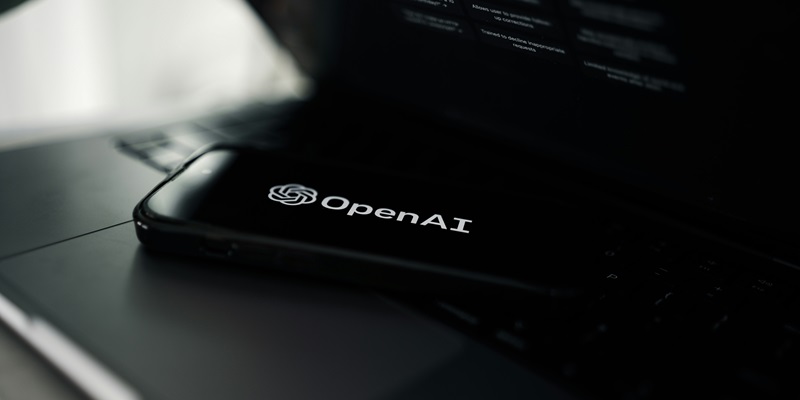In the ever-expanding universe of artificial intelligence, OpenAI is a name that resonates with innovation and futuristic technology. But beyond the pursuit of advanced AI, OpenAI distinguishes itself through initiatives crafted to serve the greater good. Two such remarkable endeavors reshape the landscape for nonprofit organizations and educational institutions, ensuring that AI isn’t just the privilege of the well-funded corporate sector but an accessible asset for diverse communities with different needs and resources.
Empowering Nonprofits with Artificial Intelligence
OpenAI’s Affordable Access for Nonprofit Organizations
The potential of AI to transform the operational dynamics of nonprofit entities is tremendous. Recognizing this, OpenAI has launched an initiative to extend the benefits of their sophisticated AI tools, including ChatGPT, at a more affordable rate. This move is geared toward empowering nonprofit organizations to harness AI without the burden of prohibitive costs. OpenAI’s approach is allowing organizations like Serena in Brazil and the GLIDE Unconditional Legal Clinic to leverage AI for tasks that are critical yet resource-intensive. For instance, drafting grant proposals and sorting through extensive data can be streamlined significantly with ChatGPT’s assistance, which in turn can amplify these nonprofits’ capabilities to serve their communities more effectively and efficiently.
Case Studies of Nonprofit Success with AI
Nonprofits across the globe are beginning to acknowledge the transformative impact AI can have on their work. In addition to drafting documents, OpenAI’s tools are also assisting in identifying patterns and insights from data—a task that often requires a level of analysis that can be out of reach for organizations with limited staff or technical expertise. By automating such processes, nonprofits are not only saving valuable time and resources but are also able to make more informed decisions that enhance the impact of their programs. This integration of AI demonstrates its significance beyond mere business applications, suggesting a future where AI is an integral part of driving social good and facilitating community service.
Revolutionizing Education with ChatGPT Edu
Introducing ChatGPT Edu for Universities
At the crossroads where technology meets education, OpenAI unveils ChatGPT Edu, crafted explicitly for academia. This version of ChatGPT has been fine-tuned to align with the inherently diverse and multifaceted needs of university ecosystems. Equipped with the formidable GPT-4 model, ChatGPT Edu comes with benefits such as enterprise-level security measures and the flexibility to customize, ensuring that it fits within various pedagogical frameworks and administrative structures. Educational pillars like the University of Oxford and Arizona State University stand as testaments to its success, integrating this AI tool into their environments to the significant benefit of educators and learners alike.
ChatGPT Edu’s Transformative Features for Learning
OpenAI remains a trailblazer in the artificial intelligence frontier, embodying both groundbreaking innovation and a commitment to collective good. Its impactful initiatives are rectifying the tech landscape to benefit not only for-profit entities but also the nonprofit and educational sectors. OpenAI’s remarkable projects ensure AI’s benefits extend beyond the corridors of affluent industries, facilitating a level playing field. They’re enabling diverse groups, regardless of size and financial clout, to harness the power of AI, thus democratizing advanced technology. In doing so, OpenAI is not only pushing the boundaries of what AI can achieve but is also pioneering a more inclusive future where technology is an agent of empowerment for all sectors of society. As the AI landscape evolves, OpenAI’s ethos of shared advancement stands out, ensuring AI is an enabler of wider progress not limited to the economically advantaged.

